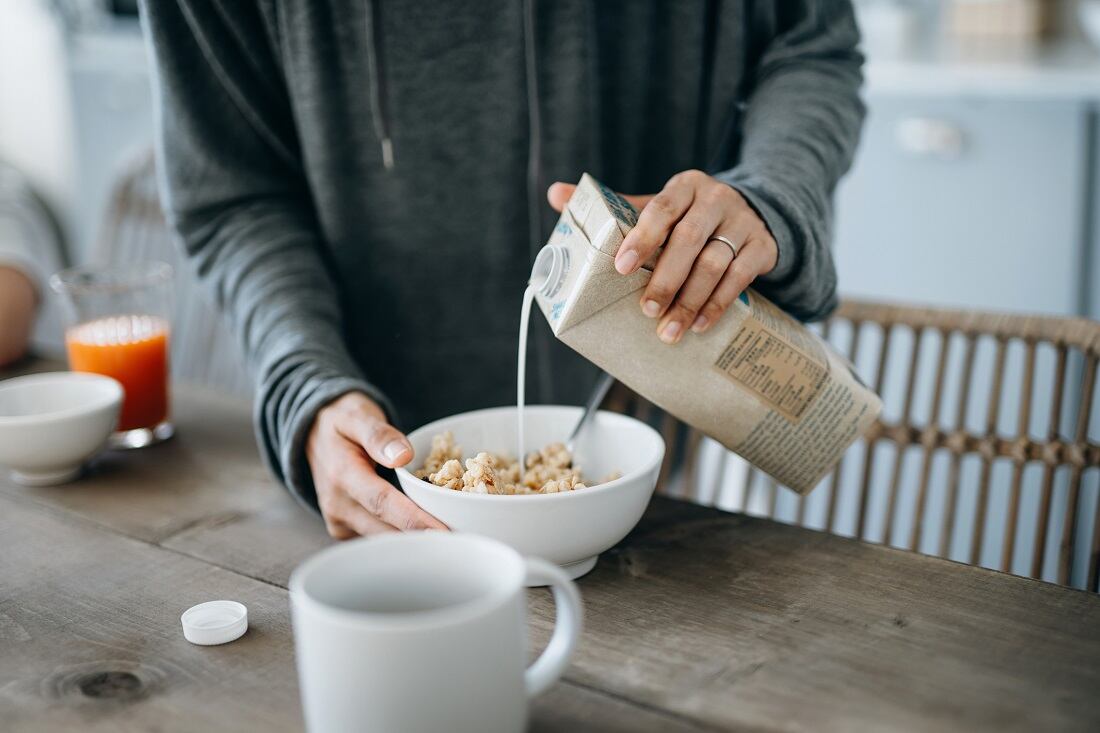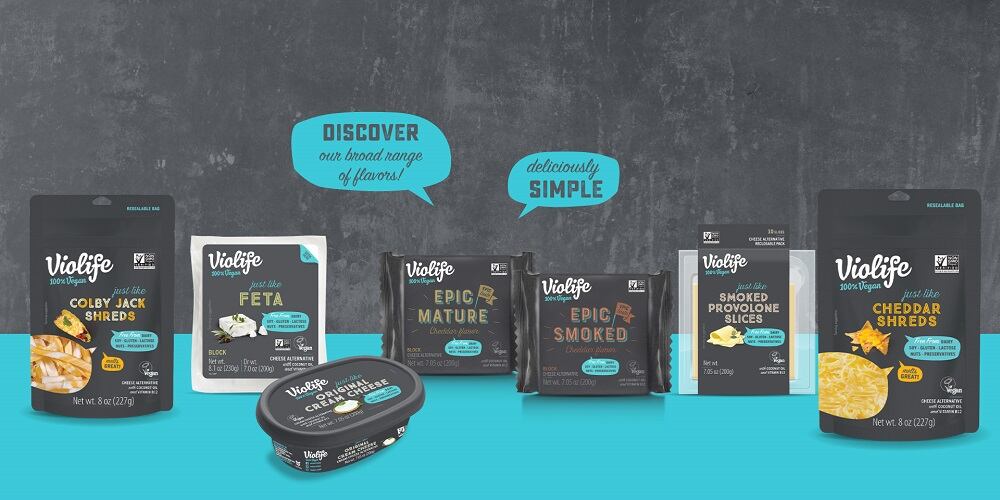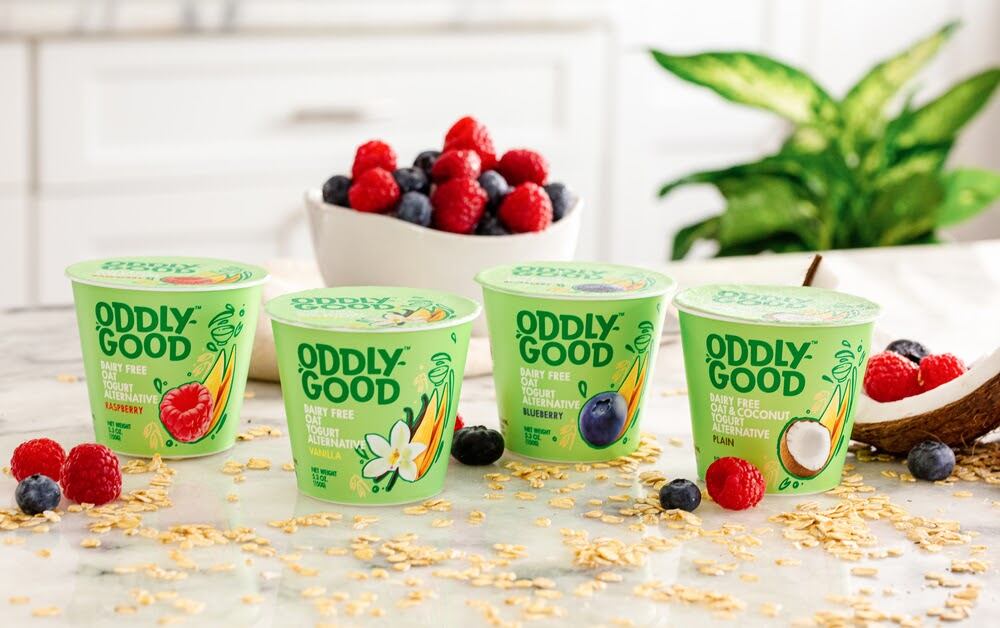In the US, plant-based milk represents the largest segment of the broader plant-based foods category with a 20% share of the broader category and $2.5bn in retail sales, according to PBFA retail sales data for the 52 weeks ending 12/27/2020.
Despite the rising prominence of plant-based milks, there is still a substantial gap between dairy milk vs. plant-based milk consumption, wrote Euromonitor industry manager Maria Mascaraque.
In North America, per capita dairy milk consumption is nearly 50% compared to 'other milk alternatives,' which is close to 10%, according to Euromonitor data.
What's driving consumers to plant-based milk alternatives?
According to Euromonitor International’s Voice of the Consumer: Health and Nutrition Survey (2021), 42% of consumers globally said they are restricting their consumption of animal-based products with many consumers surveyed (42%) citing that they have limited their dairy consumption for digestive health reasons and that doing so makes them "feel healthier."
"This is far ahead of ethical reasons, including environmental concerns and animal rights -- both of which are selected by 27% of global consumers (in Euromonitor's survey)," said Mascaraque.
"Overall, health motivations can be related to the bad reputation that has arisen around dairy over the years, as it is now perceived by many as difficult to digest, and its lactose content is not considered healthy, which is playing in favor of dairy alternatives," noted Mascaraque, adding that one of the most popular claims featured in milk alternatives products is “lactose-free,” (present on 12.2% of products sold online globally and slightly higher than 11.3% of products with a “dairy-free” claim).
This consumer association to dairy milk and digestive issues presents a significant opportunity for plant-based milk manufactures to promote their lactose-free credentials, according to Mascaraque.
Ingredient sources: What's trending?
While manufacturers keep coming to market with new products made from a variety of plant-based sources (e.g. hemp, barley, and others), there is no denying the rather recent explosive influence oats have had on the plant-based dairy category overtaking almond in global market share of the milk alternative sector, Mascaraque noted.
"Regarding ingredients, oats has been one of the winners in the plant-based milk space. On the one hand, this is because oats are more sustainable than other alternatives (e.g., almonds) so questions around sustainability have been raised in markets like the US," she said.
"On the other hand, taste is crucial, and oats have a neutral flavor that is liked by consumers and makes oat milk a great alternative for coffee aficionados, as it does not overpower the flavor of the coffee like other types of plant-based milk. Health credentials are also associated with oats, in general, due to their content of prebiotic fiber, boosting an already good reputation."
However, new ingredients and product innovations continue to flourish from barley, chickpeas, nd sunflower seeds, said Mascaraque.
So what's next for the plant-based milk aisle?
"In the buoyant plant-based milk space, there are steps being made towards more clean label options and the improvement of nutritional properties to be competitive with cow’s milk," said Mascaraque citing the planned 2022 launch of Danone's Silk Next Milk and So Delicious Wondermilk as two examples of recent innovation.
Adjacent to the plant-based milk category is precision fermentation of dairy ingredients developed by companies such as Perfect Day and longer-term opportunities for cell-cultured milk, added Mascaraque.
"A close eye should be kept on these techniques, as they have the potential to disrupt the dairy industry in the long term," she said.




